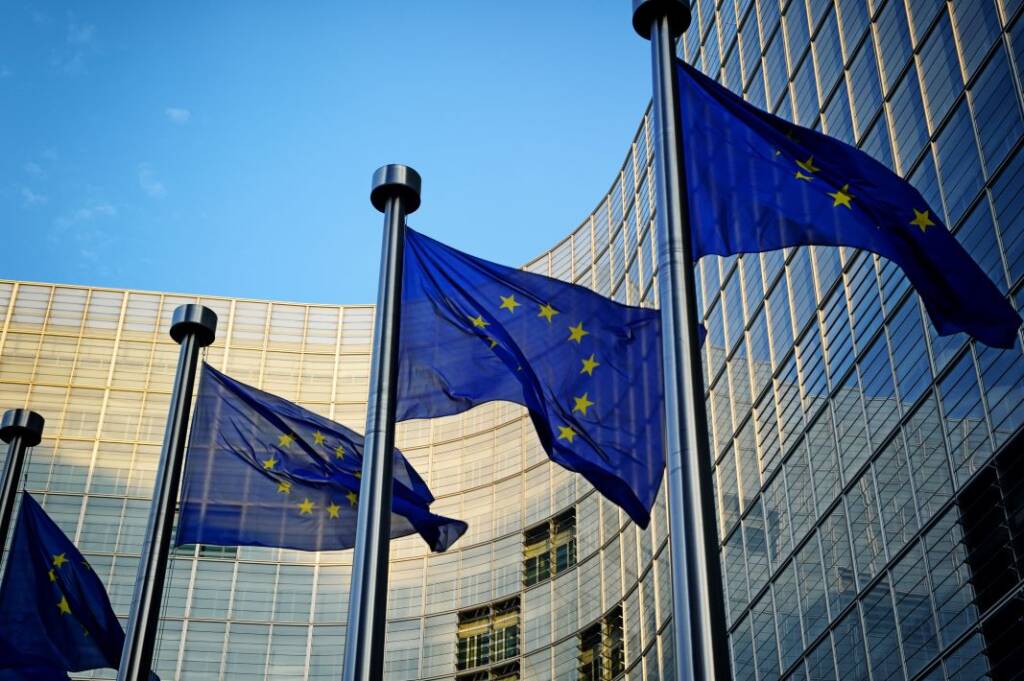
Why merchant acquirers must embrace AI to stay competitive
Acquirers must move beyond incremental improvement, as the fraud and financial crime landscape continues to accelerate.

What you need to know about Visa’s new acquirer monitoring program (VAMP)
Visa’s newly launched Acquirer Monitoring Program (VAMP) is a significant shift in how fraud and dispute risks are measured and managed across the payments ecosystem.

Five things we learned from four different ATM industry events
The ATM industry is navigating an era of disruption and transformation. Caught between the pressures of society’s changing relationship with cash and the business imperatives of cost optimization and security compliance, it is a sector packed with innovation in terms of technology and business processes.

How acquirers can raise their game to be more, do more, and deliver more
The merchant acquiring landscape is evolving rapidly. How merchants handle payments is no longer seen as a purely operational issue – it’s now recognized as a strategy to drive revenue.

Why white label is a powerful strategy for merchant acquirers: 6 insider secrets to get it right
For many merchant acquirers, a white label approach to payments orchestration is a smart strategy to keep capabilities and platforms ahead of the curve to meet aggressive expansion goals.

The Strategic Pivot: Why Smart Merchant Acquirers Are Turning to Payment Orchestration
As competition intensifies and merchants move to multi-acquirer models, traditional acquirers must up their game with end-to-end solutions that offer greater choice, reach, and capability.

Leadership in an era of transformation
Navigate the future of payments with insights on today’s barriers, leadership strategies, and ecosystem shifts.

Unified payments processing is the solution to banks’ crushing compliance burden
Surging digital payment volumes and related compliance demands are heaping pressure on banks to scale their processing capacity and optimize operations.

Banks are overwhelmed by payments data. Does unified processing offer a lifeline?
The volume of payments data available to banks today has surged almost to the point of overwhelm: it has created as many operational challenges as it has growth opportunities.

More widely available instant payments are coming to Europe: How Banks and PSPs can prepare for IPR
European payments are moving toward significant transformation as the European Parliament and the Council of the European Union (EU) adopted the Instant Payments Regulation (IPR) in February 2024, entering into effect on April 8, 2024.

Los sistemas de pago impulsan la expansión de los pagos inmediatos en Latinoamérica
Aunque los pagos inmediatos son una realidad desde hace muchos años, no se puede negar que la transformación que supone el “tiempo real” ha despegado en Latinoamérica a un ritmo vertiginoso. No obstante, la tasa de adopción varía enormemente de un país a otro.

SEPA one-leg out SCT Inst (OCT Inst) : a great opportunity for new international services
Payment Service Providers in Europe should start looking at the significant possibilities offered by the newest EPC rulebook on One-Leg Out SCT Inst, to develop new business propositions by providing effective international transaction processing to their retail and corporate customer base.

Historias de éxito de los principales sistemas de pagos inmediatos del mundo
En busca de las ventajas económicas de unos pagos más rápidos y eficaces, la mayoría de los mercados más importantes ya cuentan con sistemas de pagos inmediatos o los están desarrollando, por lo que la atención se está centrando en impulsar su adopción.



